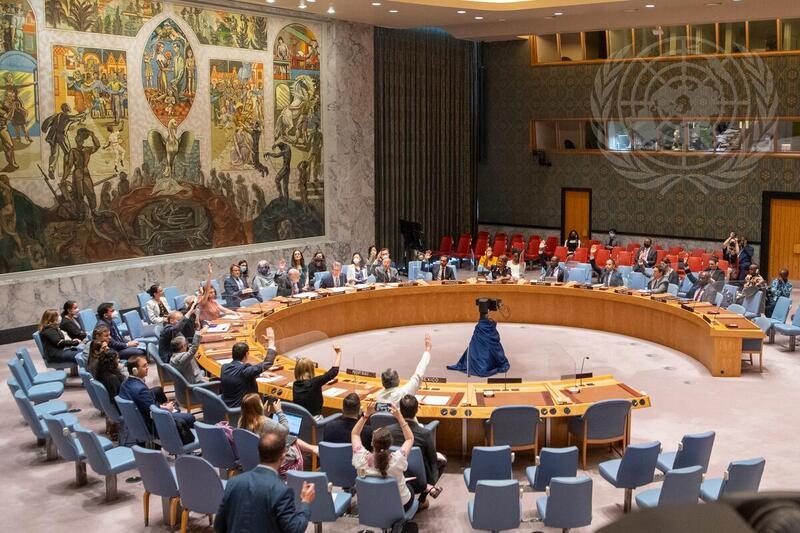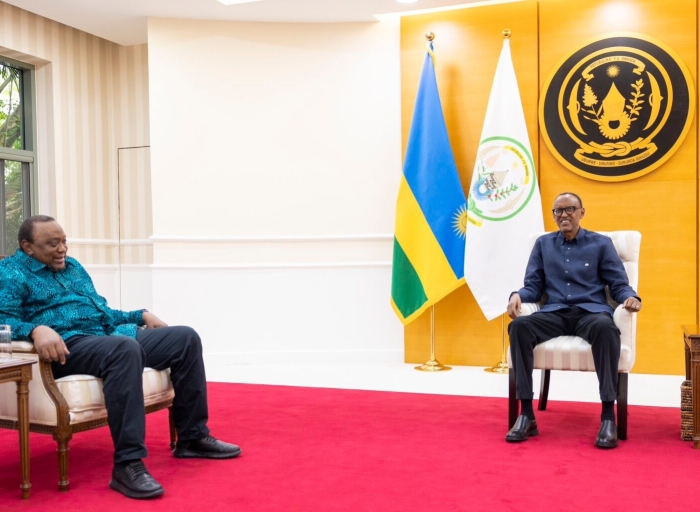The United Nations Security Council has unanimously approved a resolution to extend the mandate of the UN Integrated Office in Haiti (BINUH) until January 31, 2026. The move signals continued international commitment to stabilizing Haiti, which has been grappling with escalating violence and political instability.
Speaking during the session, U.S. Ambassador Dorothy Shea emphasized the importance of BINUH’s presence in supporting Haiti’s path toward democratic governance. “Our continuing, collective efforts have the power to secure a more just and peaceful future for all Haitians,” she said, urging global solidarity.
The resolution, co-drafted by the United States and Panama, comes amid intensifying conflict in Haiti’s capital, Port-au-Prince. Armed gangs now control over 80% of the city, with violence increasingly spilling into the country’s central regions. Just last week, approximately 27,000 people were displaced due to gang-related attacks.
While the UN bolsters its support for Haiti abroad, Haitian nationals face growing uncertainty in the U.S. Thousands are at risk of deportation following the Trump administration’s termination of Temporary Protected Status (TPS) for numerous nationalities, including over 500,000 Haitians. Although legal challenges remain, this move has sparked concerns over the fate of many currently residing in the U.S.
The Biden administration initially expanded TPS protections significantly, covering nearly 1 million Venezuelans and Haitians. However, many of these protections are nearing expiration, adding another layer of complexity to the already fragile humanitarian situation.
As Haiti continues to navigate a security crisis at home and its diaspora faces challenges abroad, the international community’s coordinated support remains critical in shaping a more stable and democratic future.




